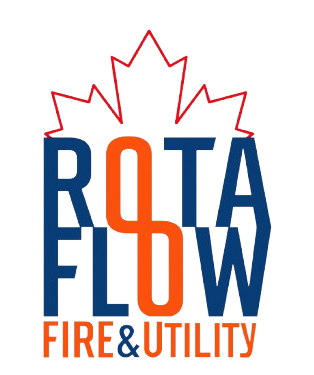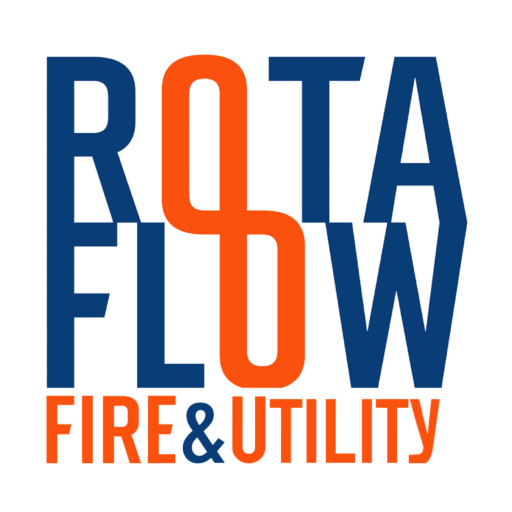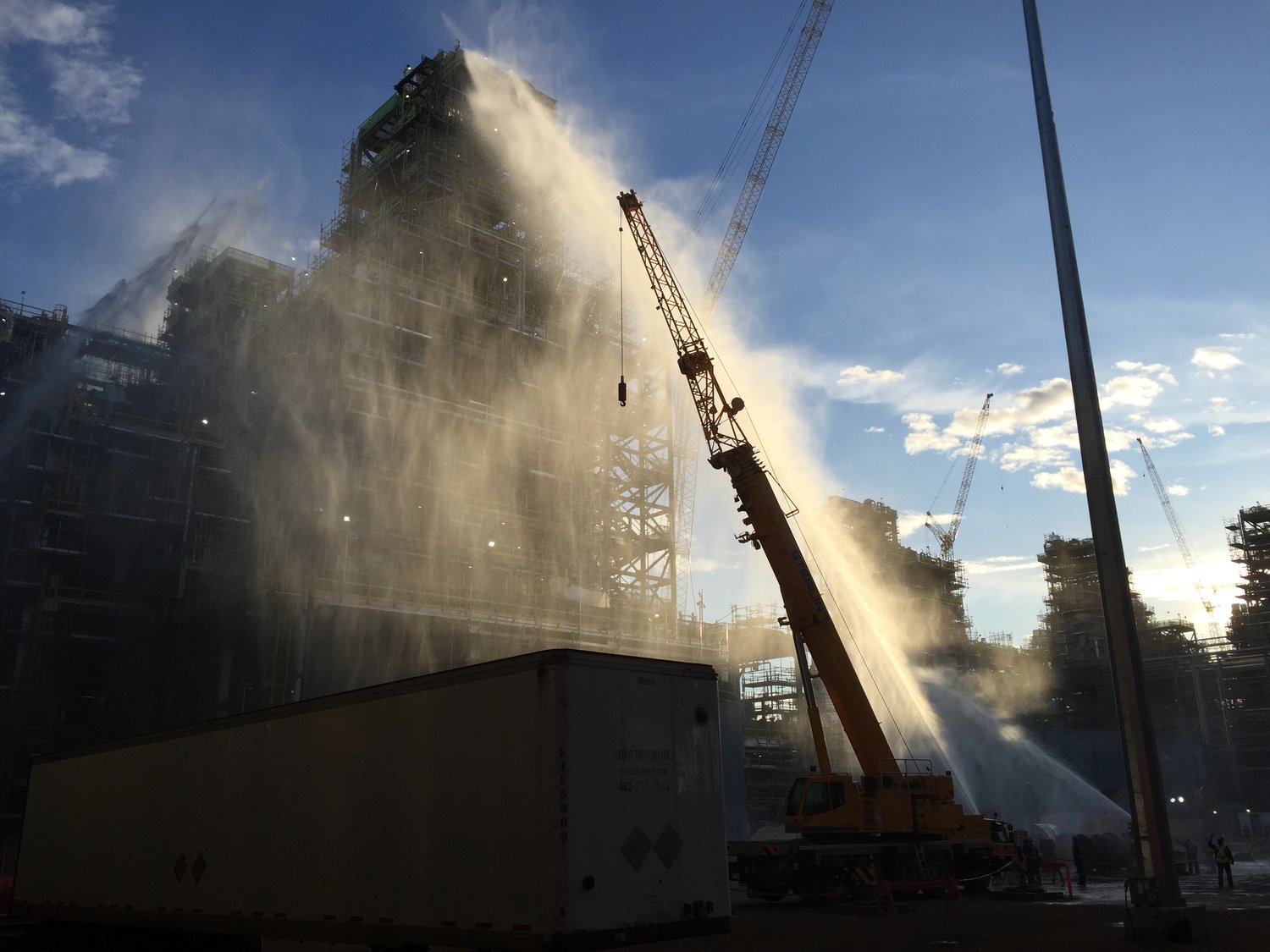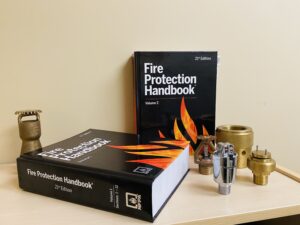Fire safety is not just about installing fire systems. When large fire systems are installed in residential and commercial complexes, they need timely inspections, testing, and maintenance to ensure that they function properly. Testing and maintenance are done under strict codes such as ULC and NFPA codes. In this article, we will talk about the highlights of the new NFPA 3 and NFPA 4 code for commissioning and integrated system testing.
NFPA 3 – Commissioning of Fire Safety Systems
The NFPA 3 focuses on the commissioning of fire safety systems. To begin with the commissioning of fire systems, the owner of the fire system needs to take the responsibility of commissioning the systems. If in case the owner cannot take the responsibility, he can delegate it to a designated representative. The fire commissioning agent is either designated by the owner or the designated representative. Any fire system installation projects is going through Following phases:
- Planning Phase: In this phase, the owner’s and stake holder’s project requirements are identified. These include foundation design, construction, acceptance and operation of the fire systems. The fire commissioning agent will then form a team who will plan the commissioning process. This plan will include: commissioning scope, general project information, the team member names and their roles, communication plan and protocol, the tasks and activities through the phases, the schedule, documentation and deliverables, testing procedures and recommended training.
- Design Phase: In this phase, the commissioning team decides the basis of the design, which includes the building description, the fire system components, the performance objectives, codes that are applicable, testing and starting requirements. The commissioning team will then guide the design team. The next step in this phase will include the commission planning.
- Construction Phase: This is the final step in which the fire systems are completely commissioned and tested for proper functionality.
Changes in NFPA 3
- In the new NFPA 3 document, all the references to help in integrated system testing were removed and moved to NFPA 4.
- The new documented NFPA 3 has new clarifications expanded for the recommendations for re-commissioning of the fire systems.
NFPA 4 – Integrated Fire Protection and Life Safety System Testing
The NFPA 4 code focuses on the testing process of both new and existing integrated fire systems. This testing is done by following these steps:
- Team Formation: First, the team to perform the integrated fire systems testing is formed by the owner. It is necessary that the team has an integrated testing agent (ITa) and the testing, installation, and maintenance personnel for each integrated system. The details of this team are documented.
- Qualification: The team formed for the testing process should have evidence to prove their qualification to perform the testing based on the statutory codes. This team should have a working knowledge of integration between systems.
- Responsibilities: The owner will be responsible for testing of the integrated systems. If the owner delegates the responsibility to someone else, it should be documented. The ITa will be responsible for planning, scheduling, coordinating, documenting and implementing the integrated system testing.
- Test Plan: The minimum testing requirements will include:
- Written verification about the fire system being in accordance with the design.
- The list of systems to be tested.
- The members of the complete test team.
- The testing equipment.
- The matrix depicting all the system inputs and outputs.
Changes in NFPA 4
- The mention of individual system testing will now be covered under individual installation standard.
- The NFPA 4 has guidelines for performing the integrated system testing but no specification of when to perform one.
- NFPA 4 defines the roles and responsibilities of an Integrated Test Agent (ITa).
- The methods of testing are provided in NFPA 4.
These are some basic highlights of the NFPA 3 and NFPA 4 codes that need to be followed for a proper commissioning and testing procedure. If you need assistance in your fire systems commissioning and testing, get in touch with the experts of fire systems in Edmonton.



